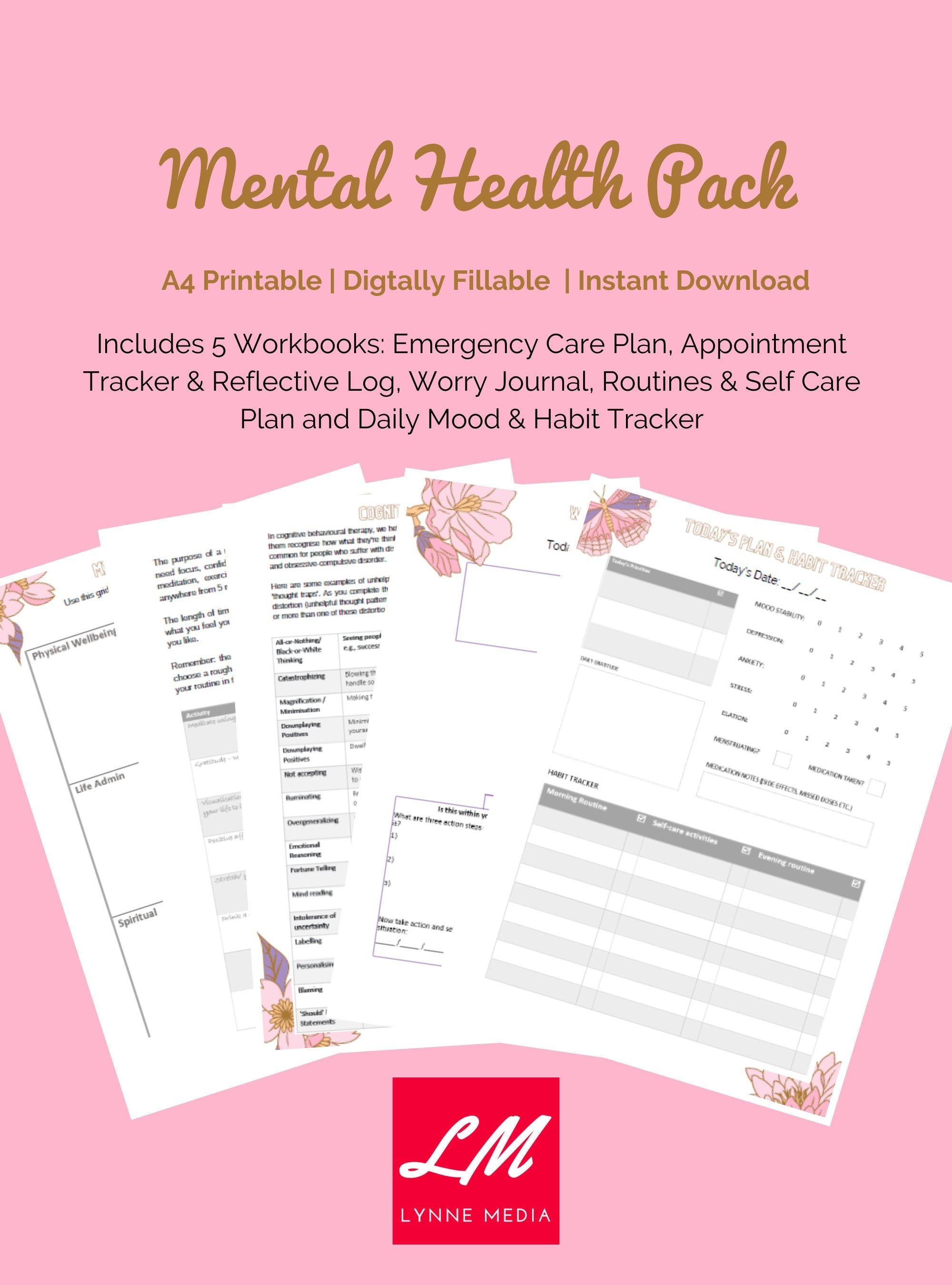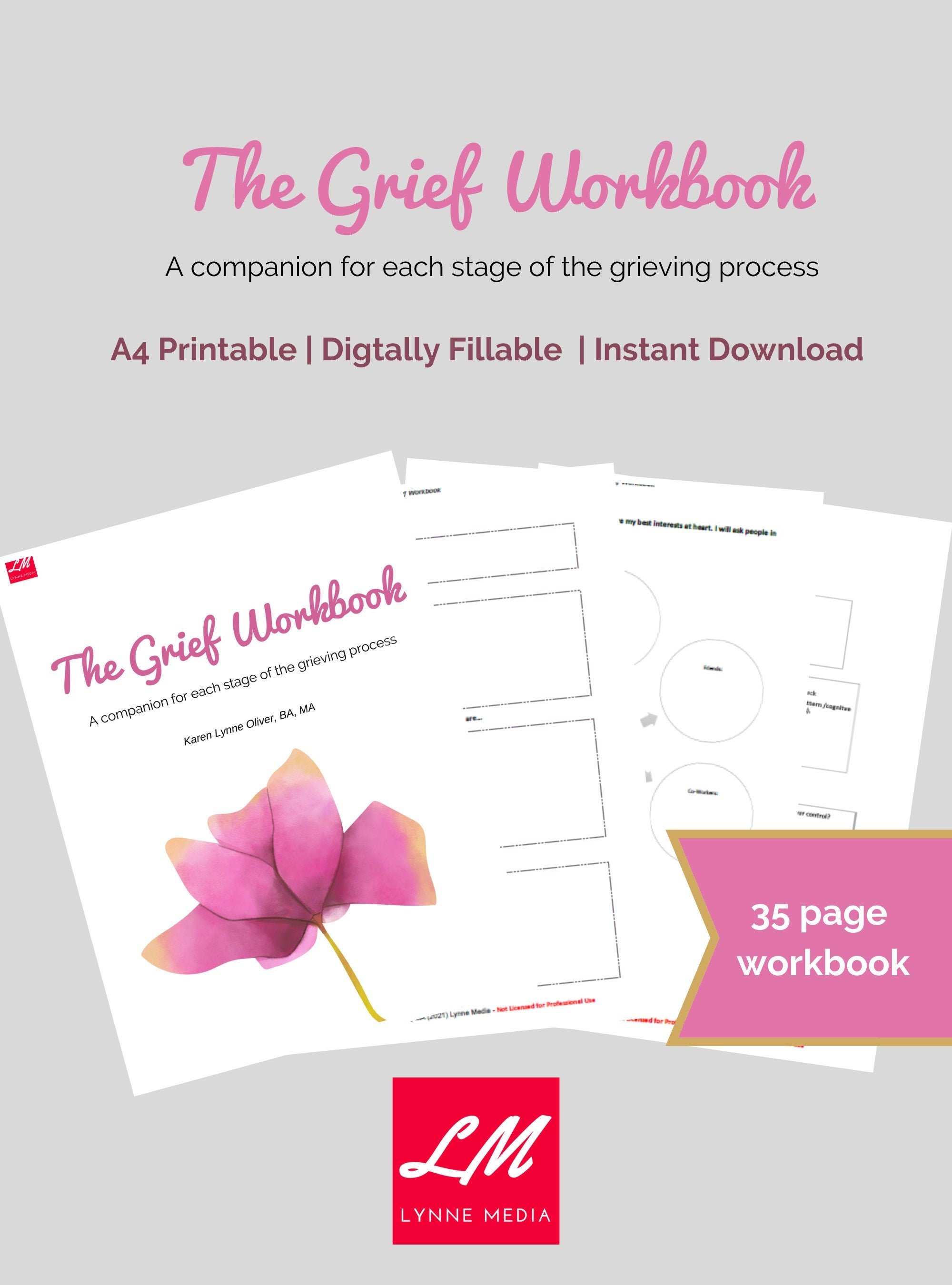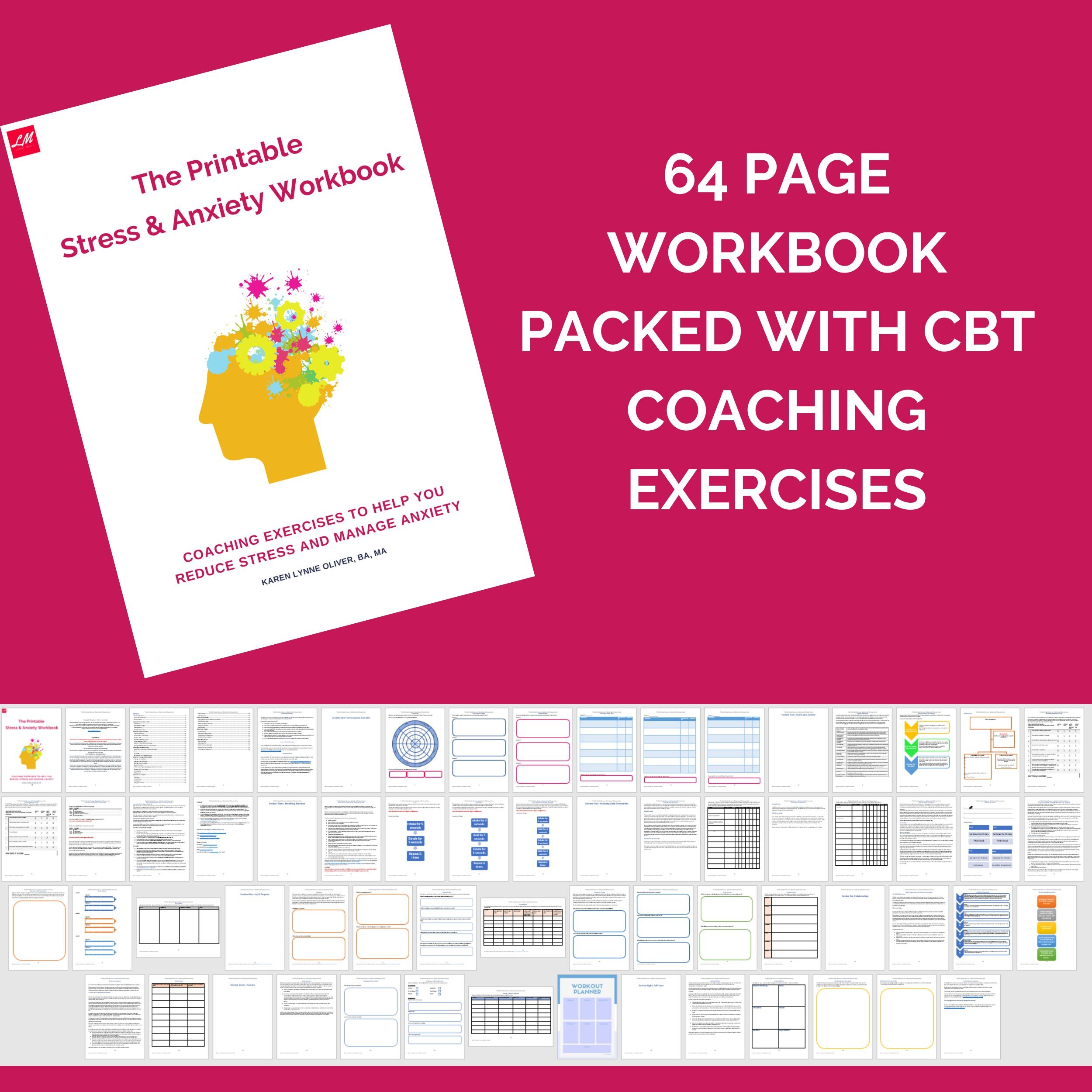10 Tips For Self Care, For When You Have No Energy
I don't think I know anyone who wouldn't claim to have a busy life. We're all rushing around and trying to do and be multiple things at once. After a while, we crash, often we get ill and we feel burnt out. When this happens we need to take time to look after ourselves and recharge our energy. A bit like when your phone battery dies, you plug it in but it has to stay turned off for a little while longer to get just enough energy to turn itself back on.
I always feel a bit 'woo woo' talking about energy, the word 'energy' sounds like I'm talking about some kind of mystical spirit when really I'm talking about that force within you that gets you out of bed in the morning. The very energy that mental illnesses like depression and anxiety rob from you.
Apparently, we have three different types of energy, all of which can be depleted but not necessarily all at the same time:
Physical - feeling physically worn out and tired. This can be replenished with plenty of sleep, good nutrition, good hydration and regular exercise.
Mental - this includes our concentration, focus and creativity.
Emotional - whether you feel like you can cope with the ups and downs and stresses of everyday life and the people around us. When your emotional energy is low you might feel irritable, experience mood swings, have a lack of enthusiasm for things you usually enjoy doing or feel like you want to be alone.
When either (or all) of these types of energy are low, we need to take time out to look after ourselves (or 'self-care'). I know that it can be so, so hard to do this when you feel like you carry the weight of the world on your shoulders (trust me, I get it - I'm a mum to a lively 1 year old, a full-time carer to my dad and running a business in between dashing from one life crisis to the next one).
Here are a 10 ways to practise self-care and restore your energy reserves.
1. Go to bed at a reasonable time, every night and aim for 7-9 hours.
2. Keep electronics out of the bedroom (including your smartphone) so that you switch-off your mind and avoid sleep-disrupting blue light. Avoiding social media and work emails before bed will also stop you feeling 'wired' when you're trying to sleep.
3. Go for a walk - preferably to the nearest open green space whether it's a city park or the countryside. As well as being great exercise, walking helps you collect your thoughts and looking at green open spaces is said to lower blood pressure.
4. Have a bath instead of rushing your way through a shower - lie back, close your eyes and daydream.
5. Have an unfollow party on social media - if someone doesn't inspire you, make you laugh or have any other positive influence, just unfollow them. Facebook can be tricky as sometimes 'unfriending' is too obvious, in these cases, you can add some one to the 'restricted list' so that they only see your public content, or 'unfollow' them if you just don't want their status updates to appear in your timeline.
6. Lose yourself in a fiction book - escape into another world for a little while. I always have a much deeper sleep if I read a book before bed - just like you would read bedtime stories to young children. It stops my mind racing and takes me out of reality long enough to wind down and relax properly before sleep.
7. Really focus on your health for a day - drink water, cook yourself a really good meal, take some exercise (even dancing around the living room to your favourite song counts!).
8. Listen to music - I recommend using the Spotify discover playlist (updates every Monday) to find some new tracks!
9. Write down all your problems, put them aside for a few hours and then come back to them. Now imagine these are your best friend's problems, what advice would you give them to solve them or work around them?
10. De-clutter your home, desk, wardrobe, car or bag. Having a tidy and organised space makes it easier to grab what you need so you save time, and also helps you focus by eliminating the distraction of 'stuff'.




